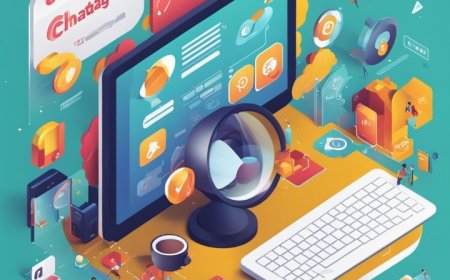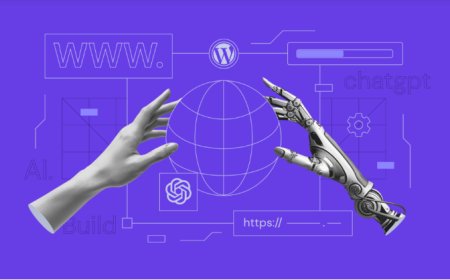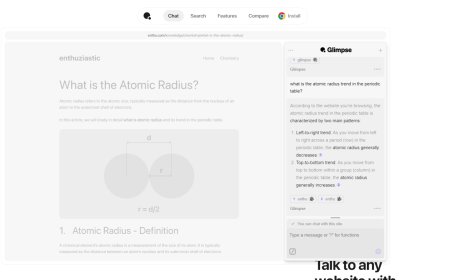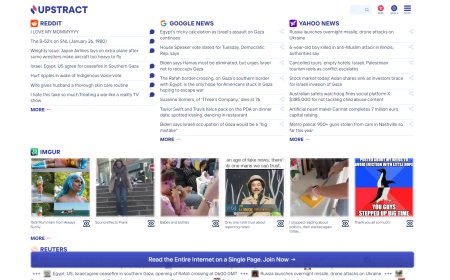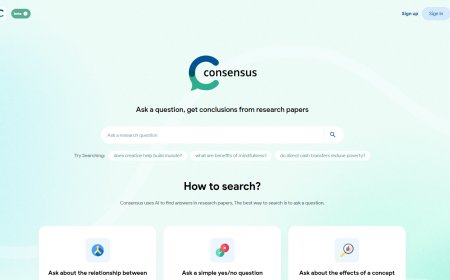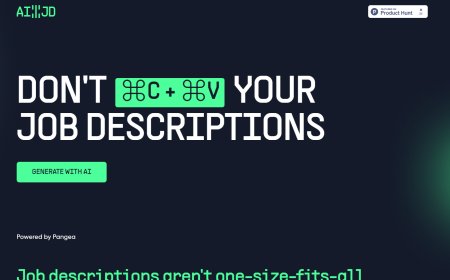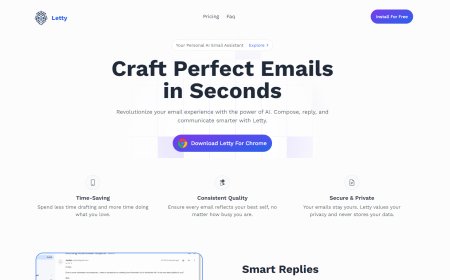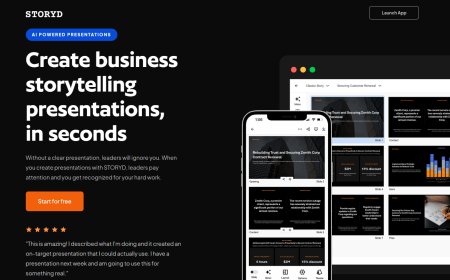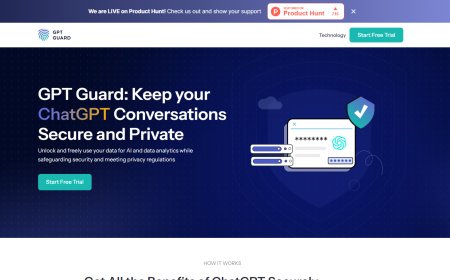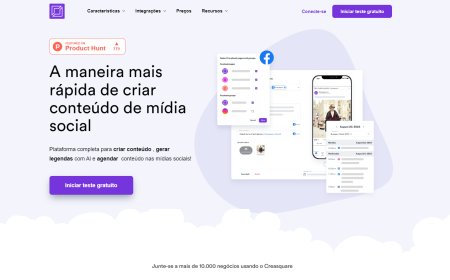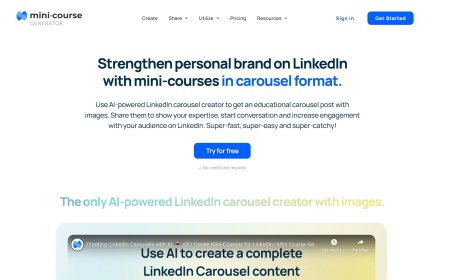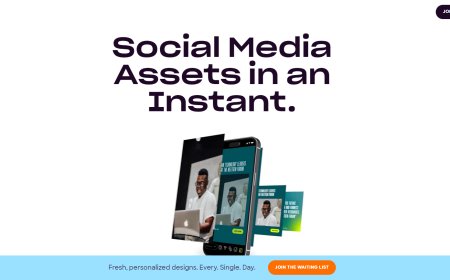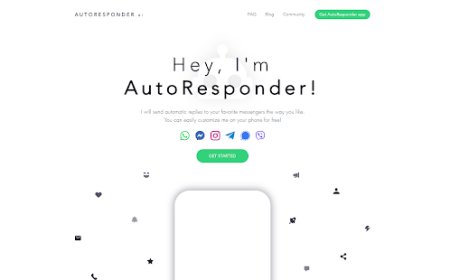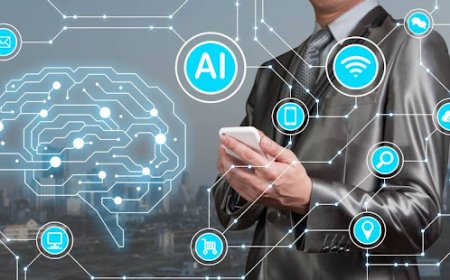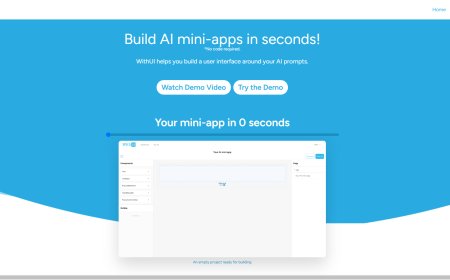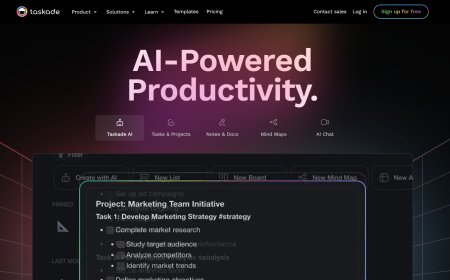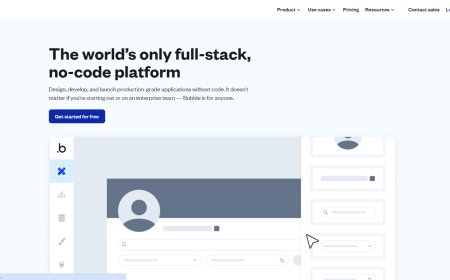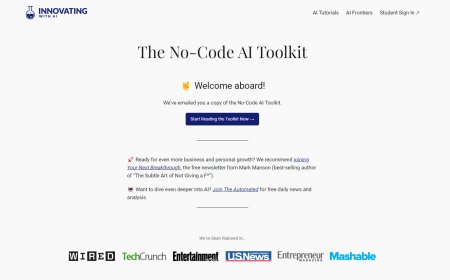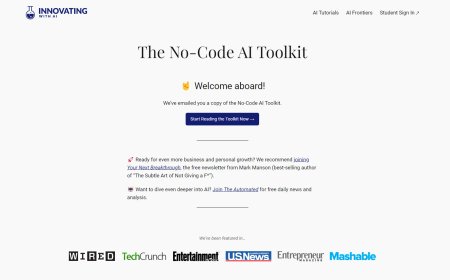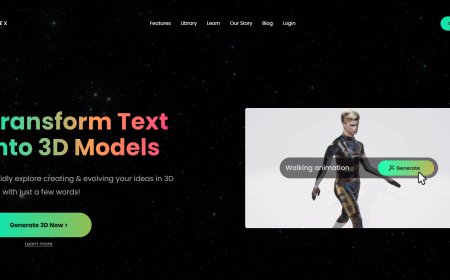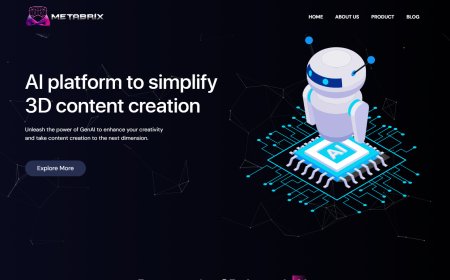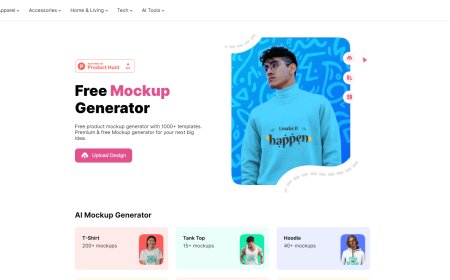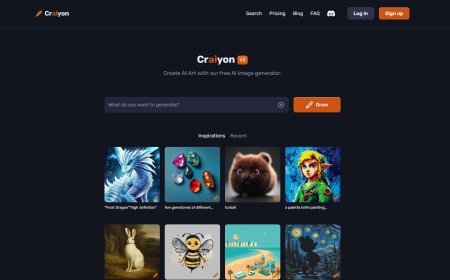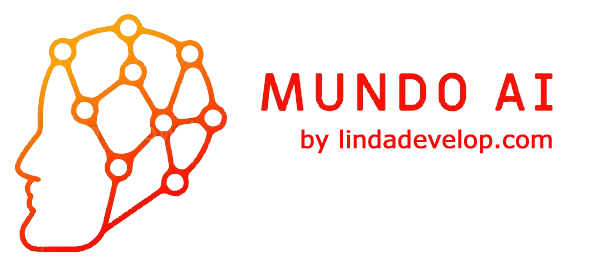Are humans mentally ready for an AI-saturated world
With the rise of AI, we face a flood of disinformation, deepfakes, and hallucinated 'facts'. Psychologists are just beginning to grapple with the implications.

We live in an era where Artificial Intelligence (AI) is unquestionably the most rapidly advancing technology we have ever developed. A year ago, it was not common to hear about AI in a regular conversation, but today there seems to be a constant discussion about how generative AI tools like ChatGPT and DALL-E will affect the future of work, the dissemination of information, and more. A major question that has been almost entirely overlooked is how this AI-dominated future will affect people's minds.
There are some studies on how the use of AI in their jobs will affect people mentally, but we still do not understand how living amongst so much AI-generated content and systems will affect people's perception of the world. How will AI alter individuals and society in the not-so-distant future?
It's clear that AI will make it easier to produce disinformation - from fake images to deepfakes and fake news. This will affect people's sense of trust as they're scrolling through social media. AI can also allow someone to imitate your loved ones, which further erodes people's general ability to trust what was once unquestionable. This might also affect how they think about identity.
Your own identity could be threatened by deepfakes, too, if people are creating images or videos of you doing things you never actually did. In the US, people often identify themselves with their jobs, and these could soon be threatened. Will AI make people more dependent on and distracted by technology at a time when that's already a major issue? There are countless ways AI could reshape how people operate in the world. But researchers are just starting to grapple with the implications of an AI-saturated existence.
Larry Rosen, emeritus professor of psychology at California State University, Dominguez Hills, says he worries that AI will make people more dependent on technology. Humans like things to be as simple and easy as possible, to avoid stress, he says, so people might start automating every aspect of their life that they can.
Just as you might use Google Maps to get everywhere and not know how to get there otherwise, AI might cause people to stop learning things they would have otherwise had to learn. Ironically, though, Rosen thinks this could cause more stress as people are inundated with AI and constantly shifting gears and not seeing anything quite clearly.
ChatGPT Answers the Web's Most Searched Questions
"I get concerned about the fact that we just blindly believe the GPS. We don't question it. Are we just going to blindly believe the AI?" Rosen says. "As it is, we're overwhelmed. We're so overwhelmed that we can't make ourselves do a simple task and see it to completion. Anxiety is just going to ratchet up as we're faced with this unknown thing in our world."
Michael Graziano, professor of psychology and neuroscience at Princeton University, says he thinks AI could create a "post-truth world". He says it will likely be significantly easier to convince people of false narratives, which will be disruptive in many ways.
"Reality has become pixels, and pixels are now infinitely inventable," Graziano says. "We can create them any way we want to."
That being said, Graziano also wonders if AI could help us with the loneliness epidemic, which is a major strain on mental health. Perhaps people will think of AI as a friend? But what happens then? We don't yet know, Graziano says.
"We don't actually know what kind of impact this technology will have," Graziano says.
Michal Kosinski, a computational psychologist and associate professor of organizational behavior at Stanford University, says AI could have an interesting impact on how people think about their work. He says AI will be better at doing many tasks that humans do today, so people will rely on it, and they could essentially become the human face of the work the AI is doing. "Increasingly, not only medical doctors but politicians and judges and teachers will become interfaces for algorithms," Kosinki says. "When you go to a doctor, a doctor will still give you a diagnosis, but this diagnosis will just be printed out of a computer that analyzed your vital signs and symptoms and told the doctor to give you this medicine."
AI is going to have an impact on almost every aspect of human life, and Graziano says much more research is needed into how this will affect people's minds. If social media can have such a major impact on society, there's no telling what consequences a rapidly advancing technology like AI could precipitate.
"I would like to see people collect actual data on people's psychological state, personalities, their mental health as a function of their engagement with AI," Graziano says. "What does that do? Does it actually improve things in some ways and harm things in other ways?
What's Your Reaction?
















